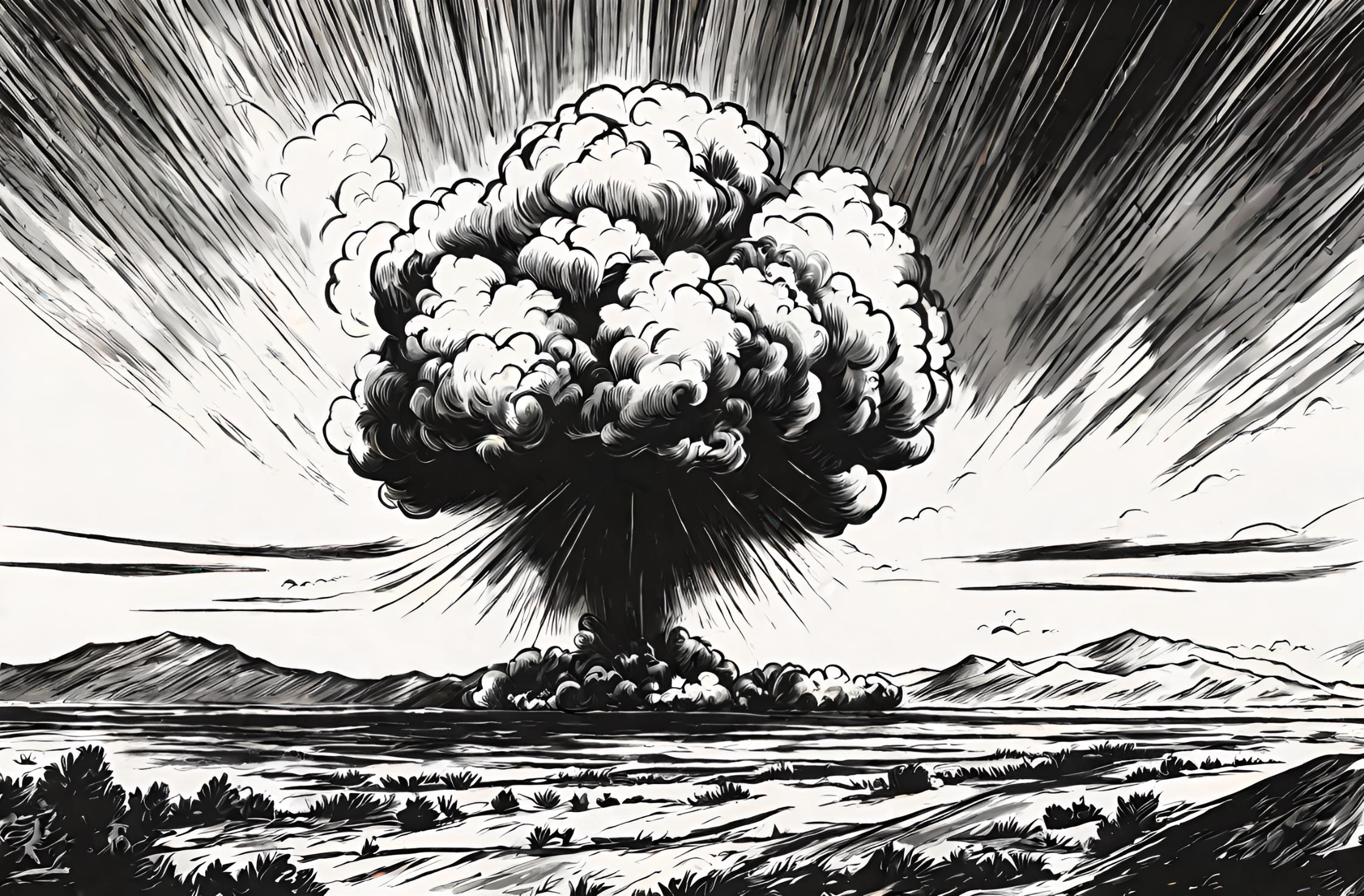Flashback to August 29
World History

On April 20, 1936, a significant event took place in Petach Tikvah, Palestine. During this event, Jews successfully repelled an Arab attack, marking a crucial turning point in the struggle for Jewish self-determination in the region. This event holds immense historical significance and sheds light on the complex dynamics of the Arab-Jewish conflict during the interwar period.
The tensions between Arab and Jewish communities in Palestine had been escalating in the 1930s. Arab nationalists, dissatisfied with increasing Jewish immigration and land acquisition, launched a series of attacks against Jewish settlements. These attacks aimed to deter further Jewish migration and prevent the establishment of a Jewish homeland.
The attack on Petach Tikvah was part of this larger pattern of violence. Armed Arab assailants surrounded the settlement and launched a fierce assault, hoping to seize control of the land. However, they were met with a strong resistance from the Jewish inhabitants of Petach Tikvah, who were determined to defend their homes and community.
The Jews in Petach Tikvah had been preparing for such attacks for some time. They had established self-defense units, known as Haganah, to protect Jewish settlements. These units consisted of young men and women who trained rigorously to ensure they were ready to defend themselves and their communities. The attack on Petach Tikvah put their dedication and training to the test.
The fighting in Petach Tikvah lasted for several hours. Jewish defenders strategically positioned themselves throughout the settlement, using their knowledge of the area to their advantage. They utilized various tactics, including a combination of small arms fire, sniper fire, and improvised explosives, to repel the Arab attackers.
The determination and resilience exhibited by the Jewish defenders played a crucial role in repelling the Arab attack. They stood firm in the face of adversity, refusing to be overrun by the assailants. Their courage and unity, combined with their defensive strategies, ensured their victory.
The successful defense of Petach Tikvah had far-reaching consequences. It sent a clear message to both Arab nationalists and the British authorities, who governed Palestine at the time. The Jews were not willing to be passive victims but were ready to fight for their right to self-determination and a homeland.
The events in Petach Tikvah also contributed to the gradual shift in British policy towards the Arab-Jewish conflict. The British Mandate, which had initially favored Jewish immigration to Palestine, started to impose restrictions in response to Arab violence. However, the resilience displayed by the Jewish defenders showed the British that the Jews were capable of defending their interests and maintaining their presence in Palestine.
the successful defense of Petach Tikvah by Jewish residents on April 20, 1936, was a significant event in the Arab-Jewish conflict during the interwar period. It showcased the determination and strength of the Jewish community in defending their settlements against Arab attacks. This event played a crucial role in shaping the trajectory of the struggle for Jewish self-determination in Palestine and had lasting effects on British policies in the region.
We strive for accuracy. If you see something that doesn't look right, click here to contact us!
Sponsored Content

USSR explodes its first…
Experience the historic moment…

Supreme Soviet suspends all…
On August 29, 1991,…

The United Kingdom legislates…
Experience the historical shift…

Michael Faraday discovers electromagnetic…
Renowned scientist, Michael Faraday,…

Eamon de Valera, Irish…
"Eamon de Valera, a…

Ayatollah Sayed Mohammed Baqir…
On August 29, 2003,…

